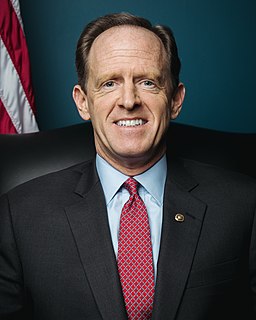A Quote by Rudolf Hilferding
The expansion of the market creates a need for enhanced and more regular supply, and this in turn impels commercial capital to acquire control of production as well.
Related Quotes
The strategic stimulus to economic development in Schumpeter's analysis is innovation, defined as the commercial or industrial application of something new---a new product, process or method of production, a new market or source of supply, a new form of commercial, business or financial organization.
For physical goods, there are costs associated with logistics and lead times, owing to inventories and poor forecasts of the market. With digital capital-intensive technology, however, production will inevitably move toward the final market, wherever it is. This re-localization constitutes a major shift in the structure of global supply networks.
Capital, never concerned with distribution, is now less and less concerned with production. Capital is driving for power, for the control over markets, lands, resources. Capital, in corporate hands, can move anywhere and thus demand and get the utmost in concessions and privileges as well as the freedom to operate in the interest of ever-increasing wealth and assets.
Competition always tends to bring about the most economical and efficient method of production. Those who are most successful in this competition will acquire more capital to increase their production still further; those who are least successful will be forced out of the field. So capitalist production tends constantly to be drawn into the hands of the most efficient.
I shall argue that it is the capital stock from which we derive satisfaction, not from the additions to it (production) or the subtractions from it (consumption): that consumption, far from being a desideratum, is a deplorable property of the capital stock which necessitates the equally deplorable activity of production: and that the objective of economic policy should not be to maximize consumption or production, but rather to minimize it, i.e. to enable us to maintain our capital stock with as little consumption or production as possible.

































